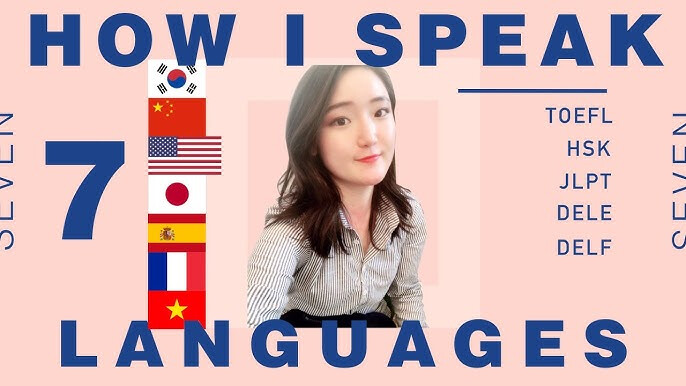
A silent linguistic revolution is sweeping South Korea, as young adults in their 20s and 30s pivot away from conventional languages like English and Chinese toward so-called "strategic foreign languages."
Interest in niche tongues—ranging from Persian and Ukrainian to Turkish and Portuguese—has skyrocketed, driven by a desire for cultural immersion and a surge in migration plans.
The Ministry of Education's free online program, offered by the National Institute for International Education (NIIED), is at the heart of this boom. Enrollment in the "Learn a Strategic Foreign Language" initiative has increased tenfold since 2020, reaching over 6,300 learners this year. The demand is so intense that registration for the current semester saw nearly 16,400 people attempt to access the website on the first day, causing the system to crash.
This massive interest is overwhelmingly youth-driven, with over 80% of applicants belonging to the 20- to 30-year-old demographic. For many, learning languages like Swedish or Brazilian Portuguese is not a mere hobby, but a calculated step towards a new life—be it exploring new cultures, becoming a digital nomad, or pursuing permanent residency abroad, motivated by countries with laid-back cultures or advanced welfare systems.
The NIIED program currently supports 25 of the 53 officially designated "strategic languages" deemed vital for national development. With satisfaction rates consistently high (93-95 out of 100), the government is committed to expanding opportunities, recognizing that these rare language skills cultivate globally-competent personnel, even if the primary motivation for learners is personal aspiration.
[Copyright (c) Global Economic Times. All Rights Reserved.]




























